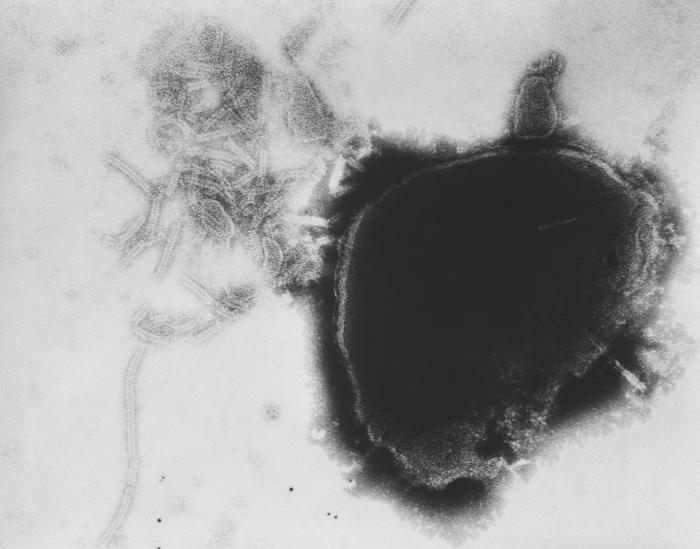Penn State University Health Services (UHS) is reporting that two cases of mumps have been confirmed on the University Park campus.

The students were isolated in accordance with Centers for Disease Control and Prevention and Pennsylvania Department of Health protocols and recommendations, and UHS staff have been in touch with those who have been in close contact with the individuals. The Pennsylvania Department of Health is monitoring the situation.
Mumps is a highly infectious disease passed through saliva and respiratory secretions. Symptoms often include tender swollen glands below the ear or along the jawline on one or both sides of the face and neck, headache, fever and cold-like symptoms. People with mumps are considered infectious from two days before swelling begins through five days after the start of swelling. For most people, two doses of the measles, mumps and rubella (MMR) vaccine provide adequate immunity to the infection.
University Health Services, a unit of Penn State Student Affairs, advises the following:
- All students, faculty and staff should check with their health care providers to confirm receipt of two doses of the MMR vaccine after their first birthday. Anyone who does not have immunity to mumps either through receipt of the two-dose MMR vaccine or a previous mumps infection, should schedule an appointment to receive the vaccine. Students may schedule an appointment at University Health Services; faculty and staff should contact their primary care providers.
- All students who have not already done so are advised to request a copy of their immunization information from their private healthcare provider to be faxed to University Health Services at 814-865-6982. During a mumps outbreak, anyone who does not have proof of vaccination may be excluded from campus until 25 days after the last possible date of infection.
- Avoid sharing food and drinks, engaging in drinking games, or other activities that may result in saliva exposure. In addition, frequent hand hygiene and respiratory etiquette are also helpful in preventing the spread of this and many other diseases.
- Although the two-dose MMR series is highly effective for most people, it is important to remember that no vaccine is 100 percent effective for every person. Unfortunately, there is not a good way to determine who has not developed immunity from the two-dose vaccine series.
With THON fast approaching, anyone who develops mumps symptoms is strongly discouraged from attending THON activities and should contact University Health Services at 814-863-4463.
Related:
- Ohio reports increase in flu hospitalizations
- Spokane mumps cases near 200, Washington outbreak grows
- India launches measles-rubella vaccination campaign: 410 million children targeted
- Spain: A dozen measles cases reported in Barcelona
- Brazil yellow fever vaccine campaign directed at Rio Janeiro, Espírito Santo, Bahia and Minas Gerais states


One thought on “Mumps reported at Penn State, campus advised”